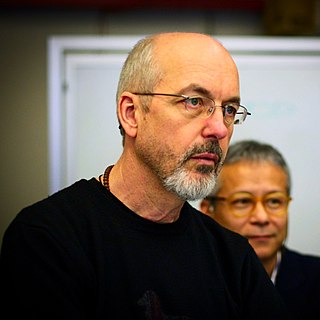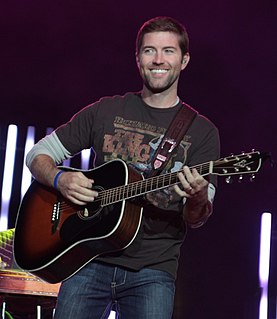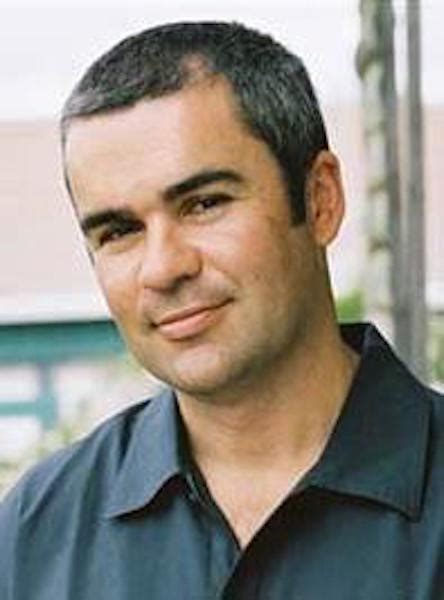A Quote by Patricia Hampl
These days it seems the lyric impulse, so seemingly fragile, comes in for a lot of abuse-or simply a lot of mistrust. What's it for, anyway, in this hard-edged, worried world? Into this cultural uncertainty Gregory Orr's spirited meditation on the surprisingly tensile strength of poetry in the face of profound suffering and grief presents a welcome fresh view of the ancient human instinct to cry out and to praise.
Related Quotes
We may feel bitterly how little our poems can do in the face of seemingly out-of-control technological power and seemingly limitless corporate greed, yet it has always been true that poetry can break isolation, show us to ourselves when we are outlawed or made invisible, remind us of beauty where no beauty seems possible, remind us of kinship where all is represented as separation.
I think we start suffering as soon as we come out of the womb. I think that people tend to stereotype. When they think of suffering, they think of abuse - physical abuse, emotional abuse, poverty, that kind of thing. There's different levels of suffering. I don't think that it has to do with how much money you have - if you were raised in the ghetto or the Hamptons. For me it's more about perception: self-perception and how you perceive the world.
Human spirit is the ability to face the uncertainty of the future with curiosity and optimism. It is the belief that problems can be solved, differences resolved. It is a type of confidence. And it is fragile. It can be blackened by fear, and superstition. By the year 2050, when the conflict began, the world had fallen upon fearful, superstitious times.
Poetry is difficult, I mean interesting poetry, not confessional babble or emotive propaganda. Reading a new poet is discovering an entire world, what Stevens called a 'mundo' and it takes a lot of time to orientate oneself in such a world. What we have to learn to do then, as teachers and militants of a poetic insurgency, is to encourage people to learn to love the difficulty of poetry. I simply do not understand much of the poetry that I love.
Part of the excitement was just seeing how the world would respond. I kind of like uncertainty to some extent, because it's a little bit of suspense and excitement and adventure, almost, right? And you can learn a lot even if things don't work out. But not everyone likes adventure. A lot of people seem to be against uncertainty, actually. In all areas of life.



































